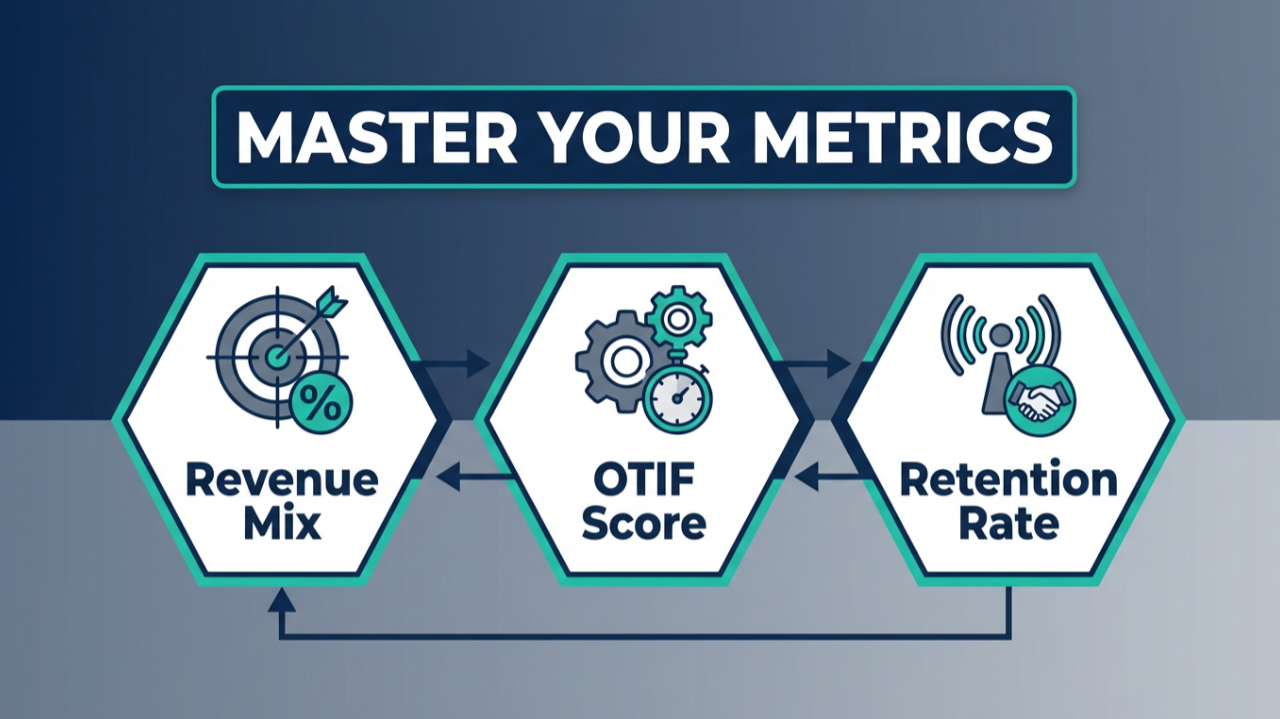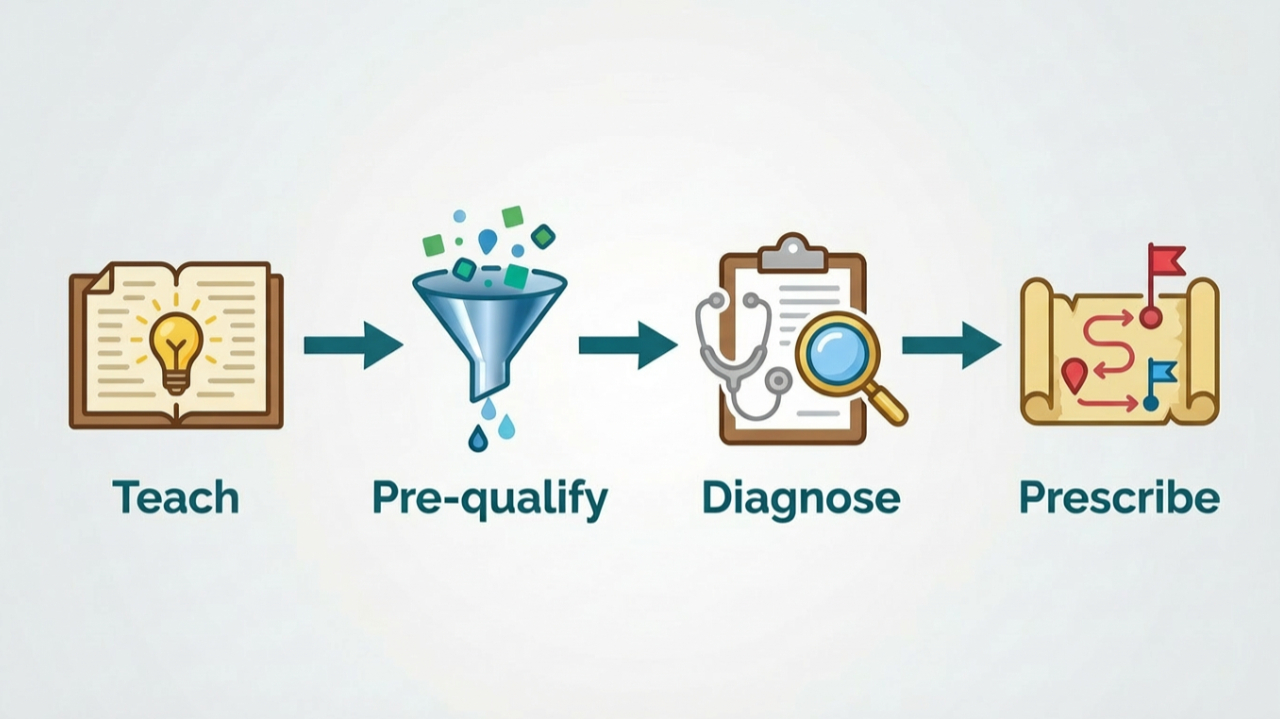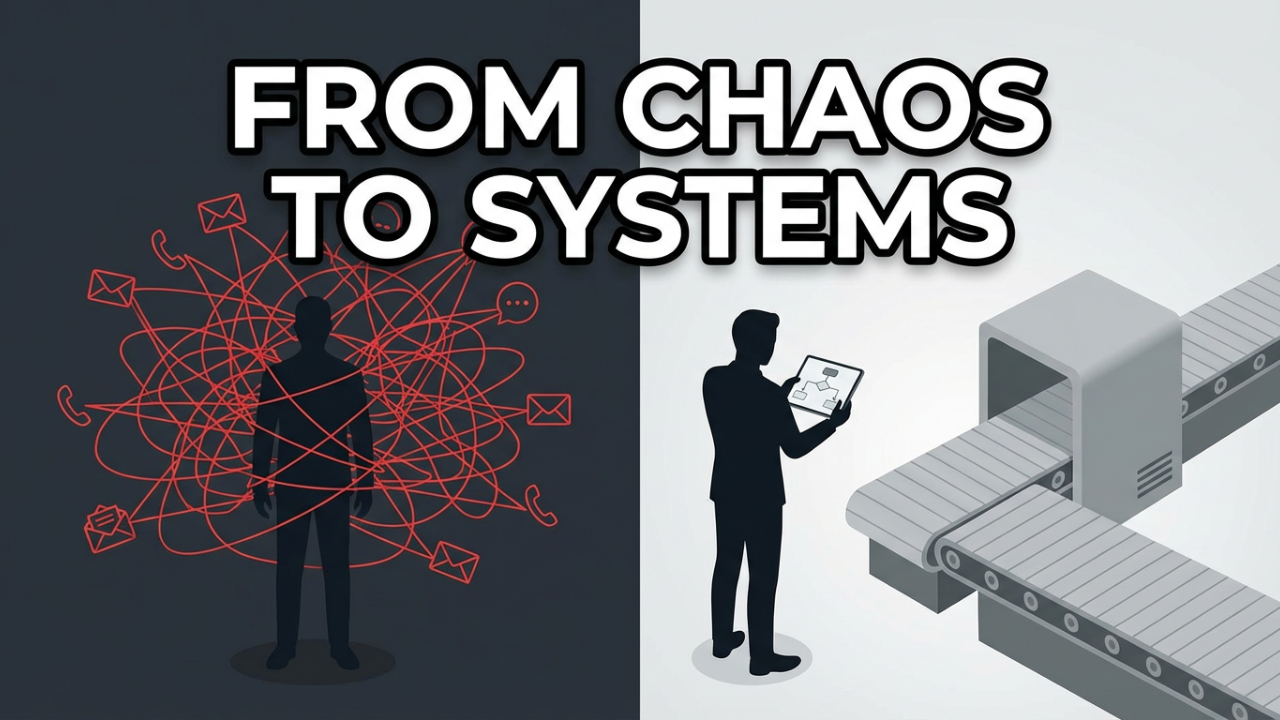6 Core Components for Efficient Business Operations
The process of operations management is a complex affair. It's an interdisciplinary field that involves the integration of many different elements, including technology, human resources, marketing and finance. Despite its complexity, operations management can be broken down into four main components: planning, organising, leading and controlling.
Planning involves understanding what your business needs to do in order to achieve its goals. Organising involves determining how best to get those things done by defining roles within the organisation and specifying how each person will contribute. Leading is about motivating people so they will take on tasks and responsibilities with enthusiasm and energy. Finally, controlling is about monitoring progress and adjusting accordingly when necessary. The objective of operations management is to create an efficient workflow so that all your processes and employees can work together seamlessly without wasting time or resources along the way.
Focus on efficiency and Continuous Improvement.
At the heart of any operation is efficiency and
continuous improvement. Whether you're a small business or a large corporation, if your operations aren't efficient, you won't be able to keep up with demand. It's easy to get caught up in the excitement of expansion and new opportunities, but it's important to remember that good planning and foresight are the keys to success.
When setting up your operations, we recommend that you start by mapping out all of your core processes and procedures—from how long it takes to create a proposal to how long it takes for an order to ship out after being placed, and everything in between.
Once this is done, take some time to think about where those numbers could be improved upon. For example: Is there more than one person trained in the process? Is there a better way for employees to communicate with clients? Does everyone use their time effectively? Is there any way we can streamline the process and remove any
waste?
Once you've answered these questions and identified areas where improvements can be made, talk with your team about how best to implement those changes—and then get started!
Implement Automation Whenever Possible.
Automation is a key part of the modern business landscape. It can help you save time, money, and make your operations more efficient. Automation is something that every business should consider implementing in their operations as soon as possible. Here are some reasons why:
It streamlines processes and allows you to focus on more important things. For example, if you have an automated customer support system for customer inquiries, customers won't have to wait for a response from someone who might be busy or unavailable at that moment. This also has the potential to increase sales as calls will be consistently answered and dealt with.
Automation also means there's less room for error as well—no more human error when it comes down to sending out an email or answering a phone call! Plus, being able to automate some parts of your business means that employees can focus more energy on what really matters: delivering great products or service for customers and managing their relationships with them.
Align Training with Business Goals.
Operational training is a vital component of any business. It helps your employees understand their role in the company and how they fit into the larger picture. It should be regularly updated and aligned with business goals so that employees are always up to date on the latest developments within your company.
This will help ensure that employees are able to perform their duties efficiently and effectively, which translates into minimising costs for your company. It also ensures that your business has access to the right people at all times; people who are qualified and skilled enough to take on new responsibilities as they arise within their department or section of the firm.
Empower your Employees.
Empowering your employees leads to a more positive company culture, which in turn attracts and retains top talent. Empowered teams are also better able to communicate, resulting in greater productivity.
There are three main ways you can empower your employees:
- Give them access to the right tools. You don't have to provide everything your employees need, but giving them access to the right tools will give them an opportunity to learn new skills and take on new responsibilities.
- Encourage them to grow and get out of their comfort zones. Empowered employees know that their contributions matter—and they're willing to make improvements when they feel like their work is appreciated.
- Create a collaborative environment where everyone feels safe sharing their ideas and opinions. This will help your team members feel more engaged with each other as well as more empowered within themselves.
Create a Culture of Accountability.
What is a culture of accountability? It's a culture where everyone knows that their actions will have consequences, and they take responsibility for their actions. It's a culture where people are not afraid to admit when they make mistakes and learn from them, and it's a culture where people don't blame others for their own mistakes. This way, you're able to get the best from your operations because everyone is working hard and doing their part.
The benefits of creating such a culture include:
- Better teamwork
- More commitment from employees (because they feel like they matter)
- Lower turnover rates (because employees are happier)
Encourage a Culture of Collaboration.
It's a fact: the more people you have working together to create a product or service, the better it will be. And when we talk about collaboration, we're not just talking about having a few people on your team who all happen to work in different areas—we mean getting everyone involved.
That means that your sales team needs to collaborate with your marketing team, who in turn needs to collaborate with your operations team. Every department should be working together and supporting each other so that they can all achieve their goals.
In order for collaboration to take place, you need to create an environment where people are comfortable sharing ideas and working together. To encourage this type of teamwork, schedule meetings in which employees' ideas can be shared and worked on with each other.











